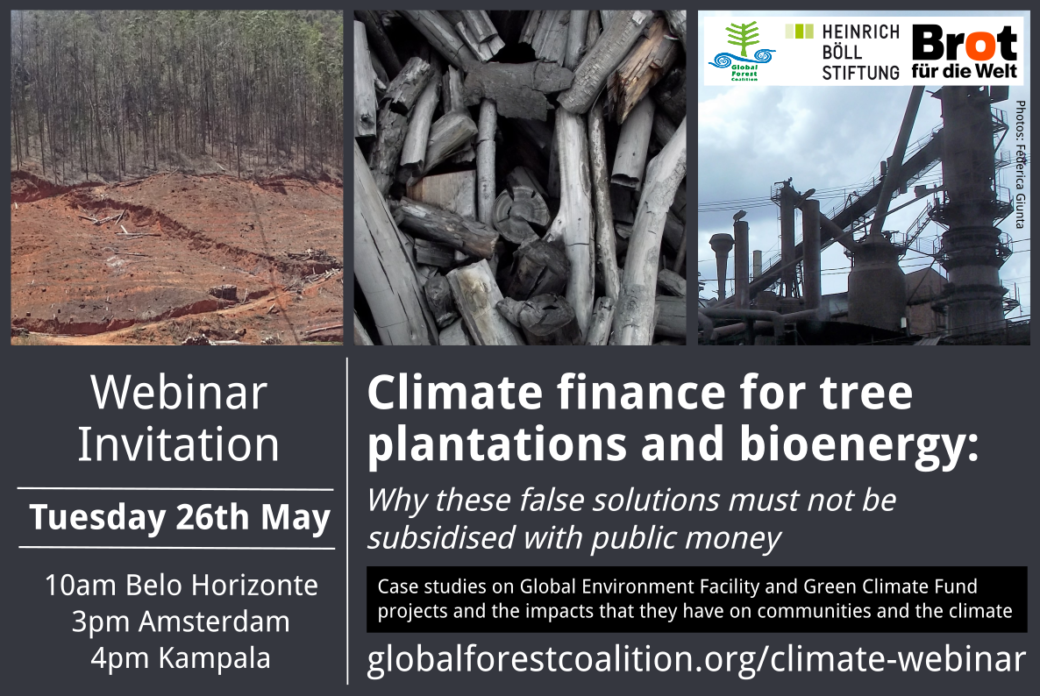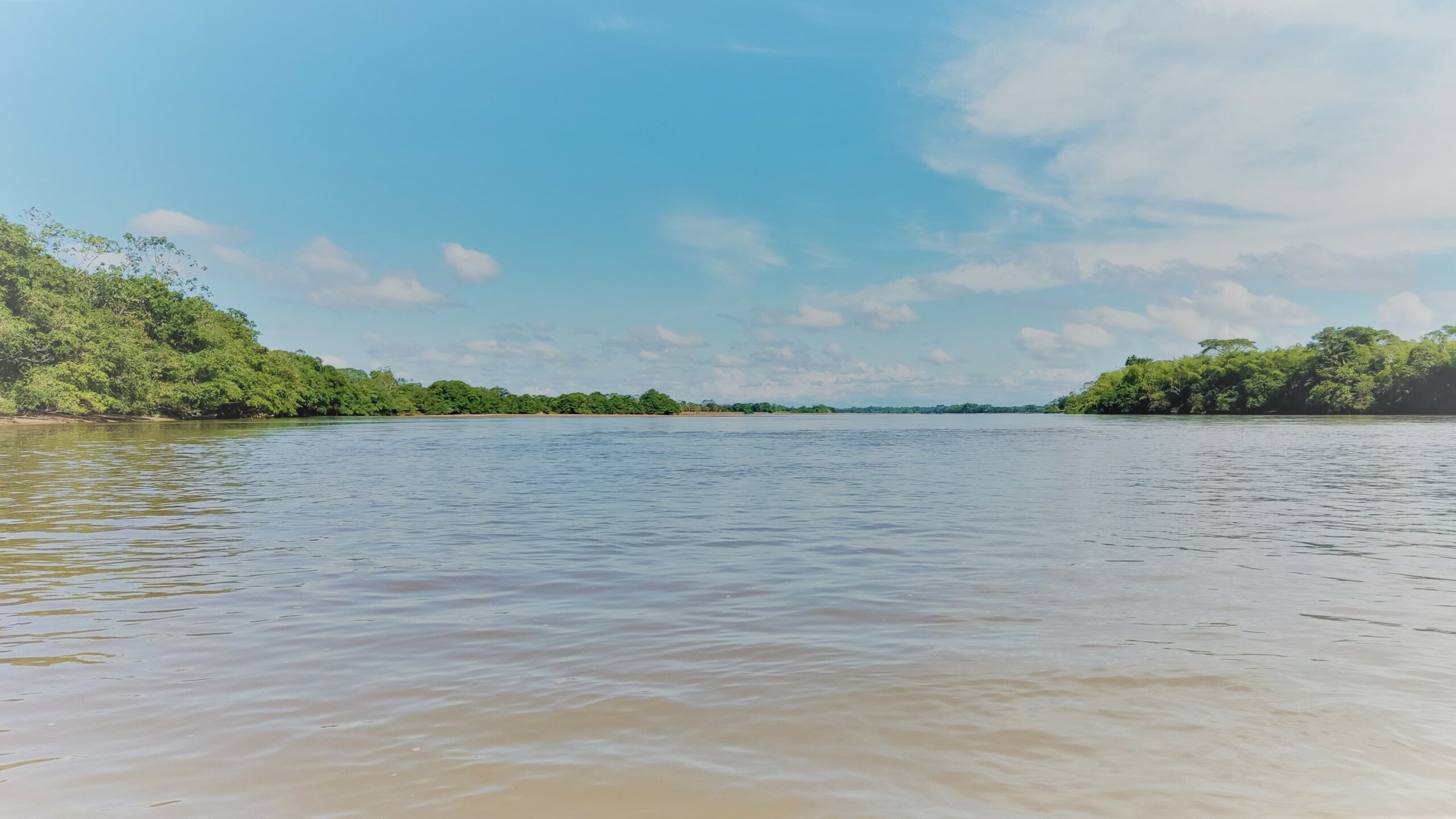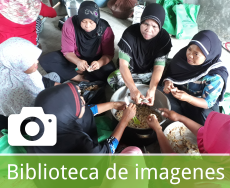Webinar: El financiamiento climático para las plantaciones de árboles y la bioenergía: Porque estas falsas soluciones deben subvencionarse con fondos públicos

Los mecanismos multilaterales de financiamiento climático están recurriendo cada vez más a proyectos de bioenergía y plantaciones de árboles comerciales dirigidos por el sector privado. Los conceptos erróneos de que la energía generada a partir de la quema de madera es baja en carbono y que las plantaciones de árboles son una forma eficaz de secuestrar carbono de la atmósfera están permitiendo que millones de dólares de las finanzas públicas se destinen a proyectos altamente cuestionables.
Continuar leyendo en ingles…
Watch a recording of the webinar here.
This webinar looked at three case studies involving projects funded through the Global Environment Facility (GEF), and a number of recently-approved Green Climate Fund (GCF) projects:
- Federica Giunta (FASE Espírito Santo, Brazil) described the wide-ranging social and environmental impacts of eucalyptus plantations in the Brazilian state of Minas Gerais to produce charcoal for the iron and steel industry, and how GEF has directly subsidised four companies with poor track records to produce more charcoal. Read the case study here;
- David Kureeba (National Association of Professional Environmentalists, Uganda) talked about his visit to eucalyptus plantations established with GEF finance to produce charcoal for the domestic market in Uganda, and how they have impacted local communities. Read the case study here;
- Almuth Ernsting (Biofuelwatch, Scotland presented a detailed investigation into climate finance for clean cookstove projects in the Global South, financed through GEF and other institutions, and how there is no clear evidence that they are improving women’s health or reducing wood use. Read Biofuelwatch’s report here;
- Liane Schalatek (Heinrich Böll Foundation, USA) discussed civil society efforts to prevent the Green Climate Fund from financing projects that involve monoculture tree plantations and biomass electricity.
The webinar was co-hosted by the Global Forest Coalition, the Heinrich Böll Foundation and Brot für die Welt.










